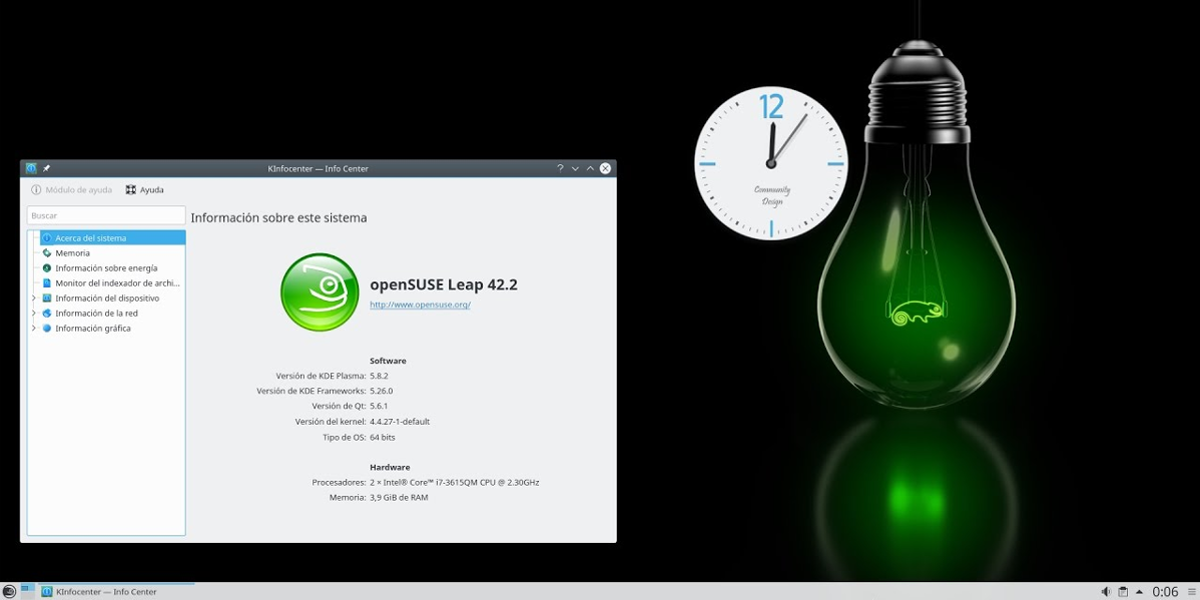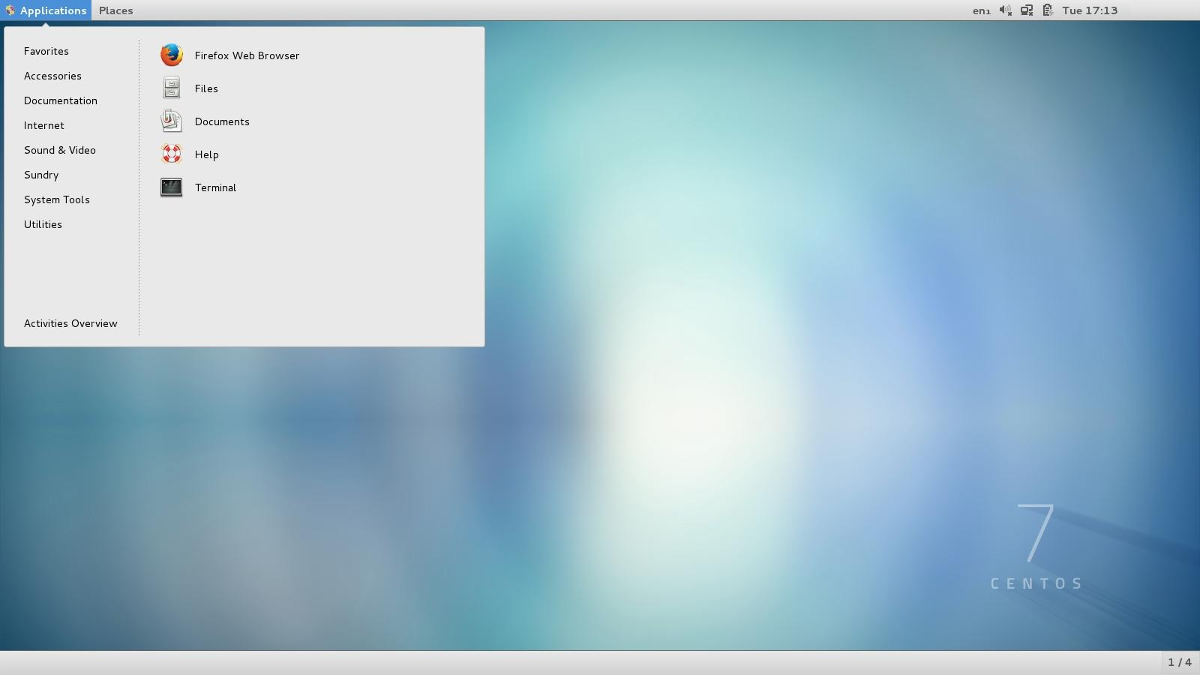The 6 best Linux distributions for developers and programmers
Linux is a popular platform for those who develop software or are avid programmers. The trouble is, not many programmers and developers know what Linux operating system to use for development purposes. For this reason, we’ve created a list of 6 best Linux distributions for developers and programmers.
1. Fedora
Fedora Linux is tailor-made for developers, especially ones that write programs for the Linux platform. For starters, it always includes the latest technologies, often before everyone else, which means developers can get an early crack at new tech. Secondly, Fedora comes packed with development tools out of the box. They even have a dedicated “Developer Portal” to help programmers get started with everything they need to start a project in Fedora, and include various programming tools right in their software repositories so that users do not need to jump through hoops to install them on their system.
Notable features
- Fedora Linux has a developer portal that is very helpful to programmers and developers starting new projects.
- A vast amount of programming tools easily installable right from the Fedora software repos.
- Includes new software with each release, so developers get new toys to play with.
Download
The Fedora Linux operating system is available for download at FedoraProject.org. Head over to the website and find the “Fedora Workstation” option to grab the latest release of Fedora!
2. Ubuntu
Ubuntu is a Linux operating system that is meant to be easy to use. However, just because it is “easy to use” does not mean that Ubuntu is a bad OS for programmers and developers. Quite the contrary, Ubuntu comes with a lot of useful tools that devs would love. One of them is Ubuntu Make, a command-line utility that allows users to download and install popular developer tools with ease. It also supports the Android project and is one of the easiest distributions in the Linux community to get the full suite of Android development tools up and running.
Notable features
- Ubuntu Make helps developers quickly and easily install various development tools.
- Easy to get an Android development environment working.
- Ubuntu is geared towards beginners, so it is easy to use and maintain.
Download
Ubuntu is downloadable via the official website, Ubuntu.com. Once on the website, find “Download,” and look for the “Desktop” option to grab the latest release of Ubuntu. For the best results, try the “LTS” version.
3. Debian
Debian Linux is ideal for developers and programmers for the simple fact that it is meant to be “stable” and crash-free. Debian’s stability means that when programming on it, the development tools and libraries you install and work with will not change out from under you with each software update, and everything will continue working during the development process. Additionally, it shares an identical base to Ubuntu, so many of the programming toolkits, IDEs, and various other development software designed for Ubuntu usually work with Debian too.
Notable features
- Very stable with software and libraries that do not receive major version changes.
- Shares a base with Ubuntu so many tools targeted at Ubuntu also work with Debian.
- Detailed documentation.
Download
Debian Linux is available at its official website, Debian.org. On the website, look for “Getting Debian” and click on it. It will walk you through getting the latest Debian Linux.
4. OpenSUSE

OpenSUSE Linux is an operating system specifically created for high-level Linux users, such as programmers, system administrators, and software engineers. Since the development of SUSE focuses on these types of users, many development tools are available right in their software repositories for easy installation. However, that’s not the only reason you should consider SUSE. They also have YaST, a GUI tool that makes Linux software very easy to install. YaST is perfect for developers that don’t have time to tinker with the intricacies of the Linux command-line and just want to get to work.
Notable features
- GUI tool YaST makes installing development tools incredibly quick and painless.
- Designed with programmers and power-users in mind.
- It has both a rolling and stable release to satisfy all types of users.
Download
Getting OpenSUSE means heading to OpenSUSE.org. On the website, be sure to grab LEAP, as it is the stable release. Do not download Tumbleweed unless you prefer to use the unstable, rolling release of the operating system.
5. Arch Linux

Arch Linux is a rolling-release distribution, and for this reason alone, many programmers and developers love it. What does rolling-release mean? It means that Arch Linux doesn’t have a release every 6 to 8 months that users must install like Ubuntu or Fedora. Rather, Arch gets the latest software in regular updates, forever. So, all of your programming tools and libraries will be updated to the newest version right away. Aside from fresh software, developers also love Arch Linux for their wide variety of easy to install software, and their “keep it simple” philosophy.
Notable features
- Rolling-release means the latest technology is added as fast as possible.
- Keep it simple philosophy means the operating system does not get in the way of your work.
- Wide variety of software to install, including loads of development tools.
Download
Arch Linux is downloadable via ArchLinux.org. However, be aware that Arch Linux does not come as a fully built operating system. Instead, you are required to build it yourself. For help on installing Arch Linux, follow this guide.
6. CentOS

CentOS might as well be the RedHat version of Debian Linux. Like Debian, it is community-developed, is designed to be ultra-stable, and is a favorite of system-administrators and developers looking to run an operating system that is reliable and unchanging. But CentOS is more than just a stable Linux operating system. It’s a welcome place for programmers and developers as it includes a wide variety of popular programming tools directly in the CentOS main software repository.
Notable features
- Very stable with slow to change software means development won’t be interrupted with sudden toolkit changes.
- Software repos host a wide variety of programming tools.
- Support for Xen virtualization.
Download
To get CentOS, head over to CentOS.org, and click on the “Get CentOS Now” button on the homepage. After selecting the button, you will be presented with several download options and instructions on how to use the CentOS installation medium.
Conclusion
In this list, we covered the 6 best Linux distros for developers and programmers. That said, there are many other excellent Linux operating systems out there for developers. What is your favorite Linux distro to use for software development or programming? Tell us in the comment section below!
